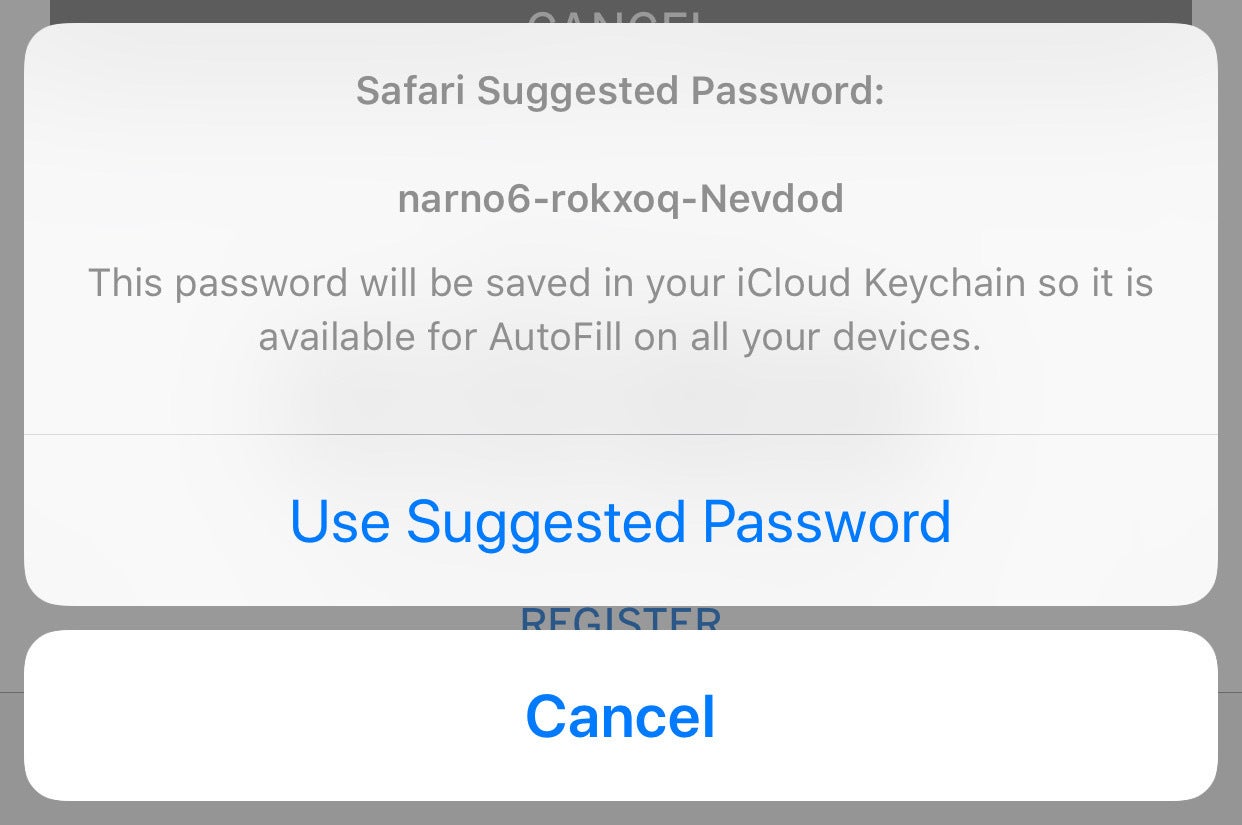

- #Passwords manager safari how to
- #Passwords manager safari update
- #Passwords manager safari software
- #Passwords manager safari password
Safari doesn't have a specific setting to stop password saving, but it will stop asking if you take the steps below to stop auto-filling passwords. Opera: Settings > Advanced Settings > Autofill > Passwords. Scroll down to Logins and Passwords and uncheck "Ask to save logins and passwords for websites."įirefox also gives you the option of designating websites for which the passwords will never be saved. Toggle off "Offer to save passwords."įirefox: Settings > Privacy & Security. Toggle off "Offer to save passwords."Įdge: Settings > Profiles > Passwords.

Toggle off "Offer to save passwords."Ĭhrome: Settings > Autofill. As for Safari, it does things its own way.īrave: Settings > Advanced > Autofill. In Opera, you access Settings by clicking the Opera icon in the top left. In most cases, the Settings menu is found by clicking on the three dots or lines in the top right corner of the browser window.
#Passwords manager safari how to
How to stop your web browser from saving your passwordsįollowing are further steps you need to take to purge your passwords from your web browser. There's no shame or harm in taking that route, and there's no risk of malware stealing the pages. You could also write down passwords and other sensitive information on a piece of paper or in a notebook and keep that locked up at home. It's also easy to export passwords saved on your browser in a form that can be imported by a password manager. They also let you save credit-card numbers and address information as well as passwords. Like web browsers, most stand-alone password managers will offer to save passwords as you enter them. They're not totally immune to malware, but they're a lot safer to use than web browsers for saving your passwords. You have to pay for some of the best password managers, but others are free to use.

The most obvious step is to use a stand-alone password manager. So what should you do with all those passwords and other information you've been letting your browser remember and save? How to deal with passwords saved in your web browser If your desktop web browser automatically fills in form fields with saved passwords - and several do by default - then websites can read those auto-filled passwords without having to do anything devious to your machine. You don't even need to have malware or a malicious browser extension running to have your passwords stolen.
#Passwords manager safari software
Free software to extract passwords from Windows browsers has been around for at least a decade. Hacks exist for Apple's Keychain password manager, which is used by Apple's Safari browser if you log into Keychain across multiple Macs.īecause Chromium-based browsers such as Chrome, Edge, Brave and Opera share the same underpinnings, you can download and run free software to get information from them on macOS, Windows or Linux. Cross-platform malware called XLoader steals passwords from Macs and PCs alike. RedLine runs on Windows, but Mac browsers aren't immune to password stealers.

Like earlier versions of RedLine, this strain is likely being distributed via email. Most recently, RedLine has been spotted posing as a bogus Windows program that tracks the spread of the Omicron variant of the COVID-19 virus.
#Passwords manager safari update
"A recent update to RedLine Stealer also added the ability to steal cryptocurrency cold wallets." "It also collects information about the user and their system such as the username, their location, hardware configuration, and installed security software," the report added. As security firm Proofpoint observed in its initial writeup of RedLine in March 2020, the malware "steals information from browsers such as login, autocomplete, passwords, and credit cards."


 0 kommentar(er)
0 kommentar(er)
